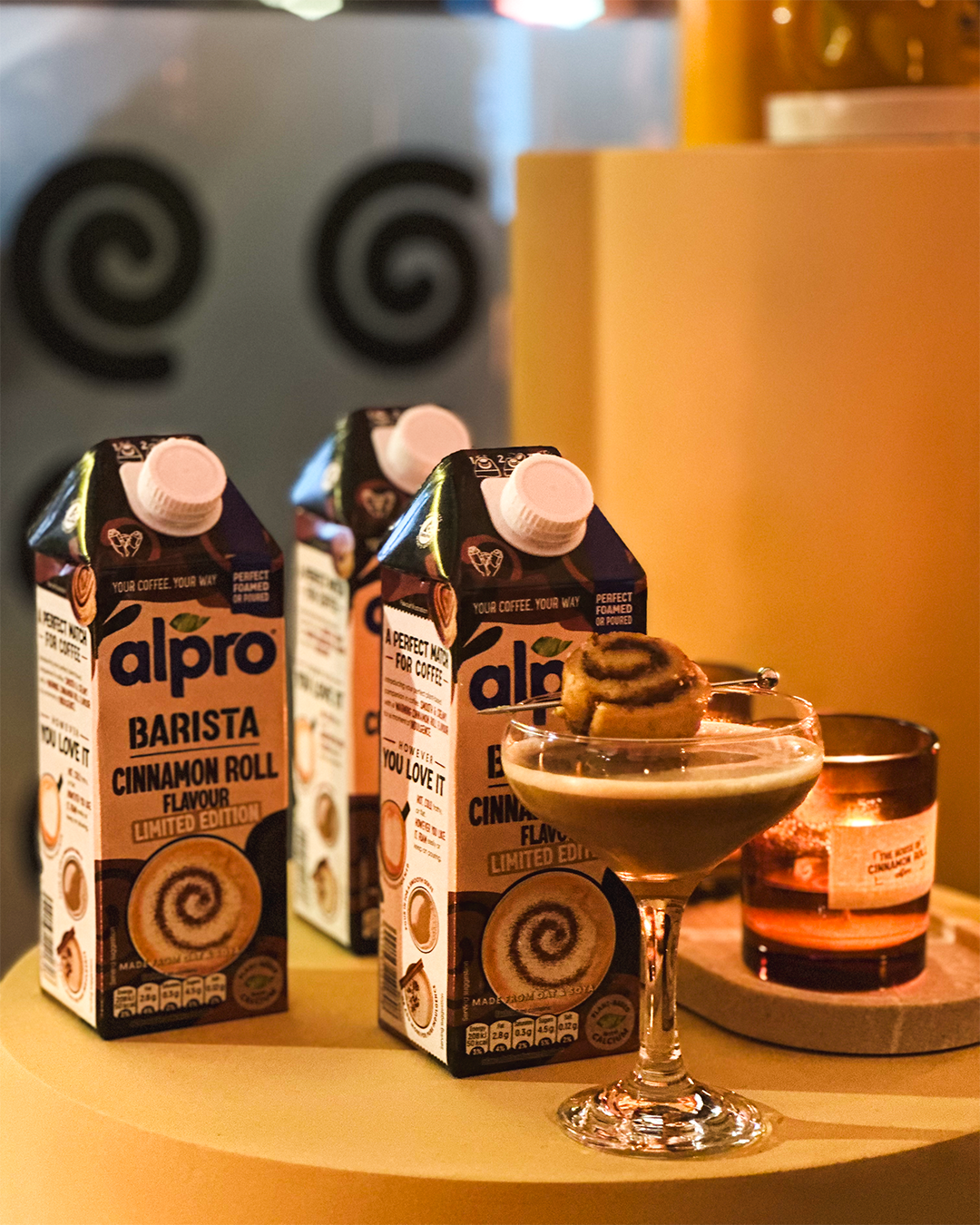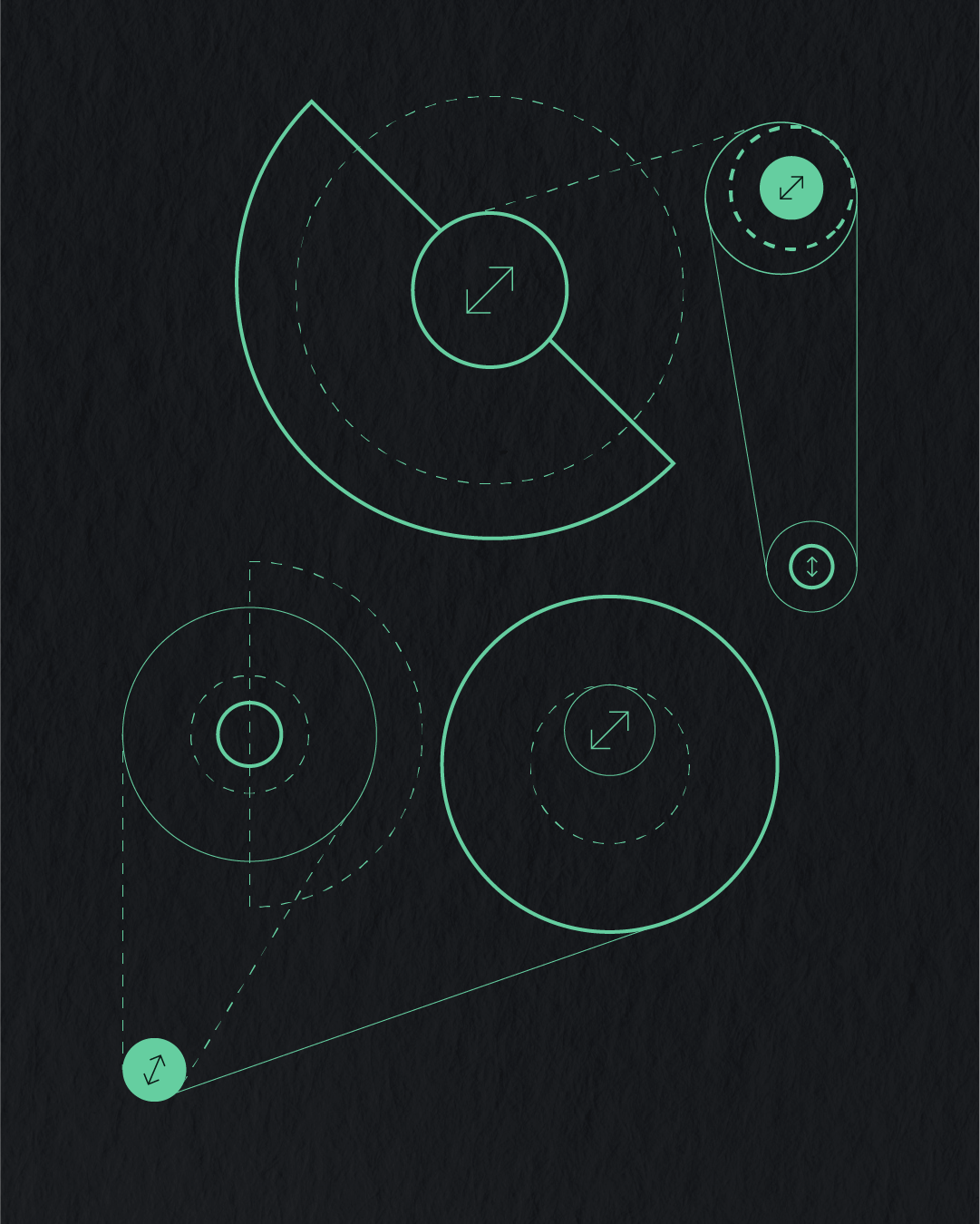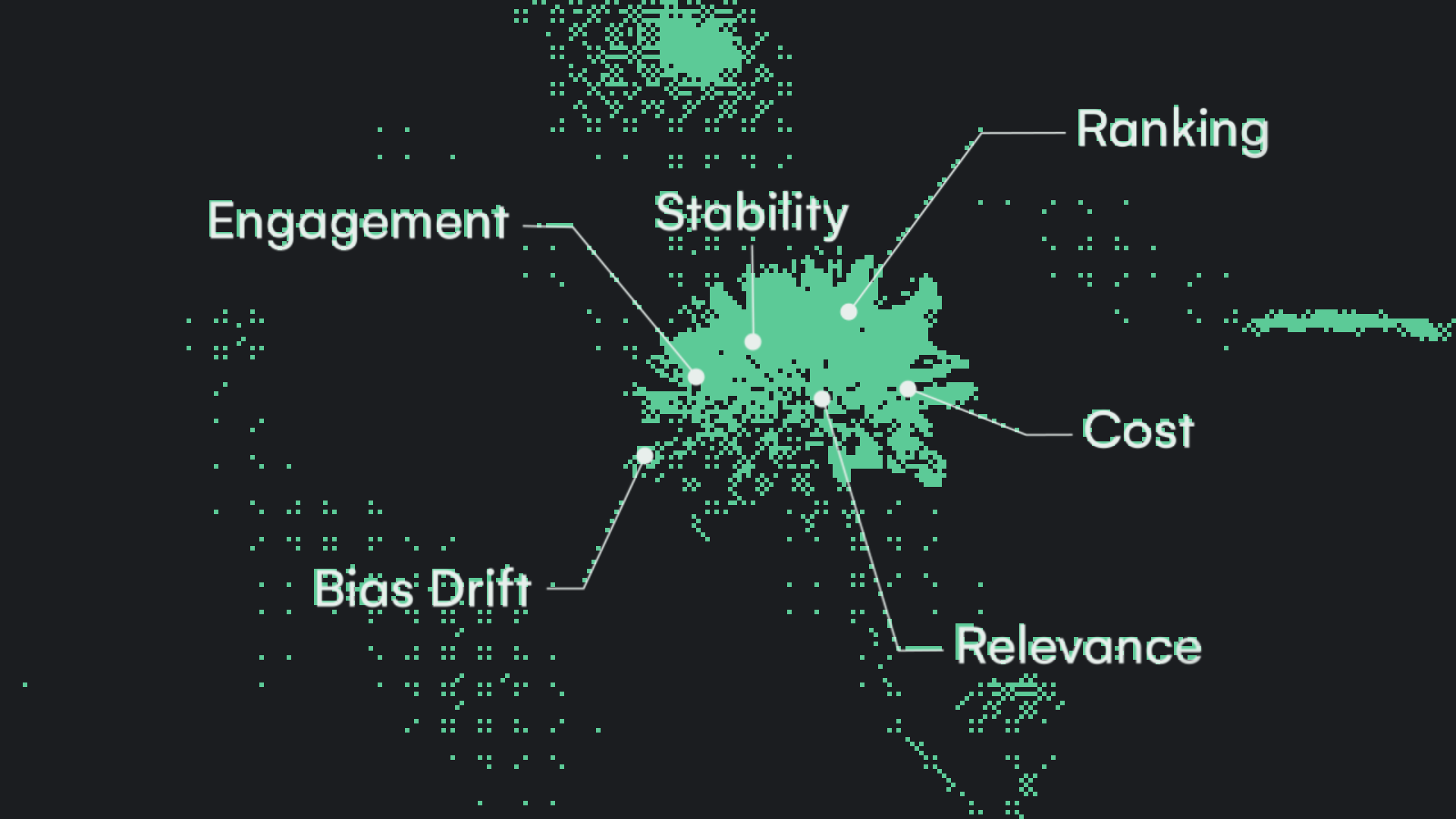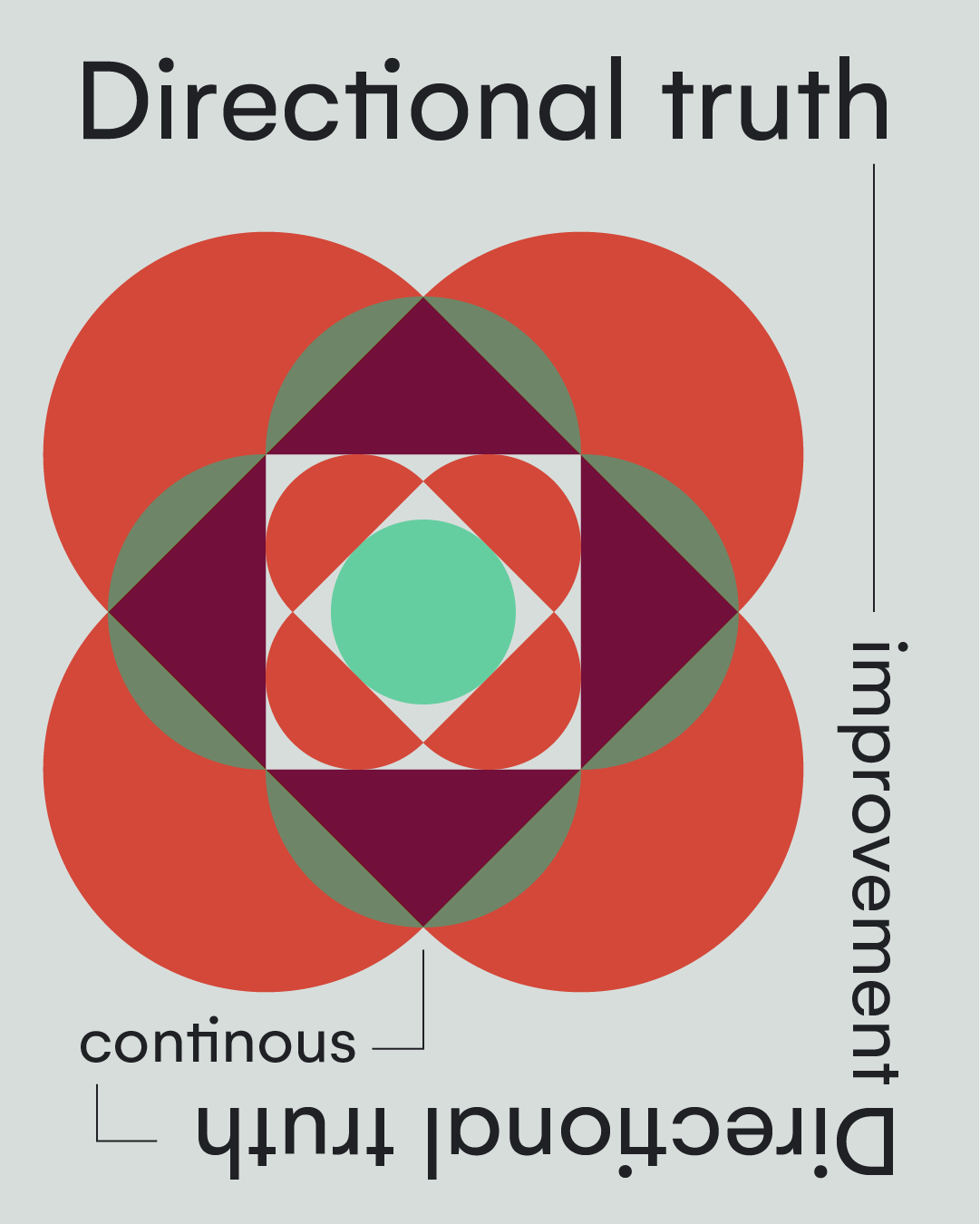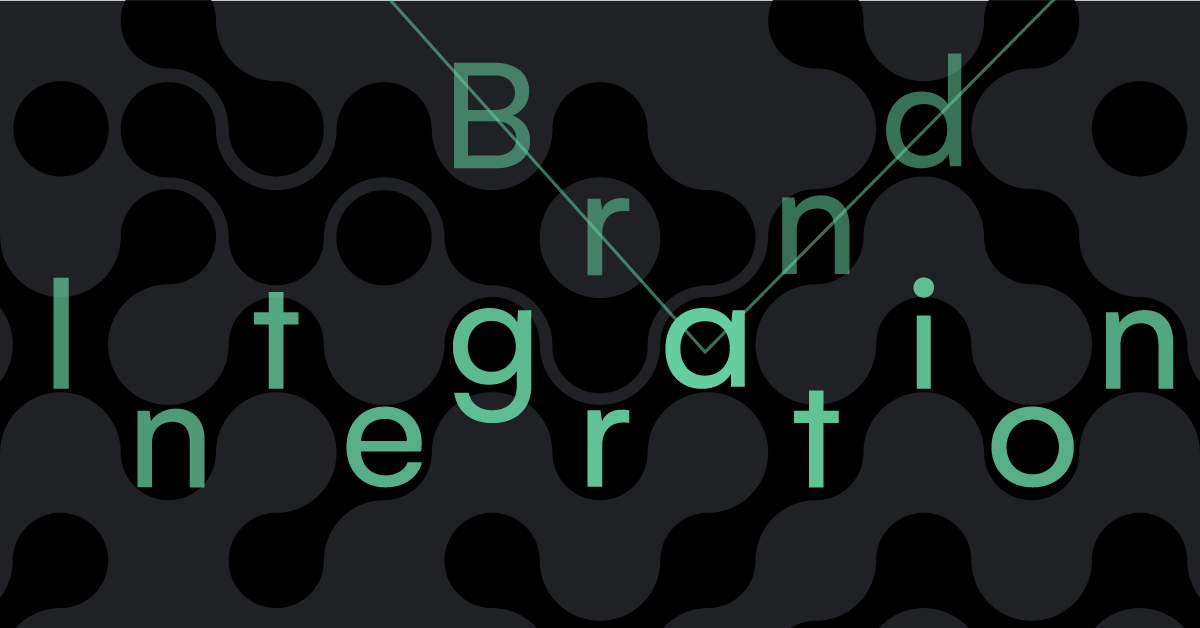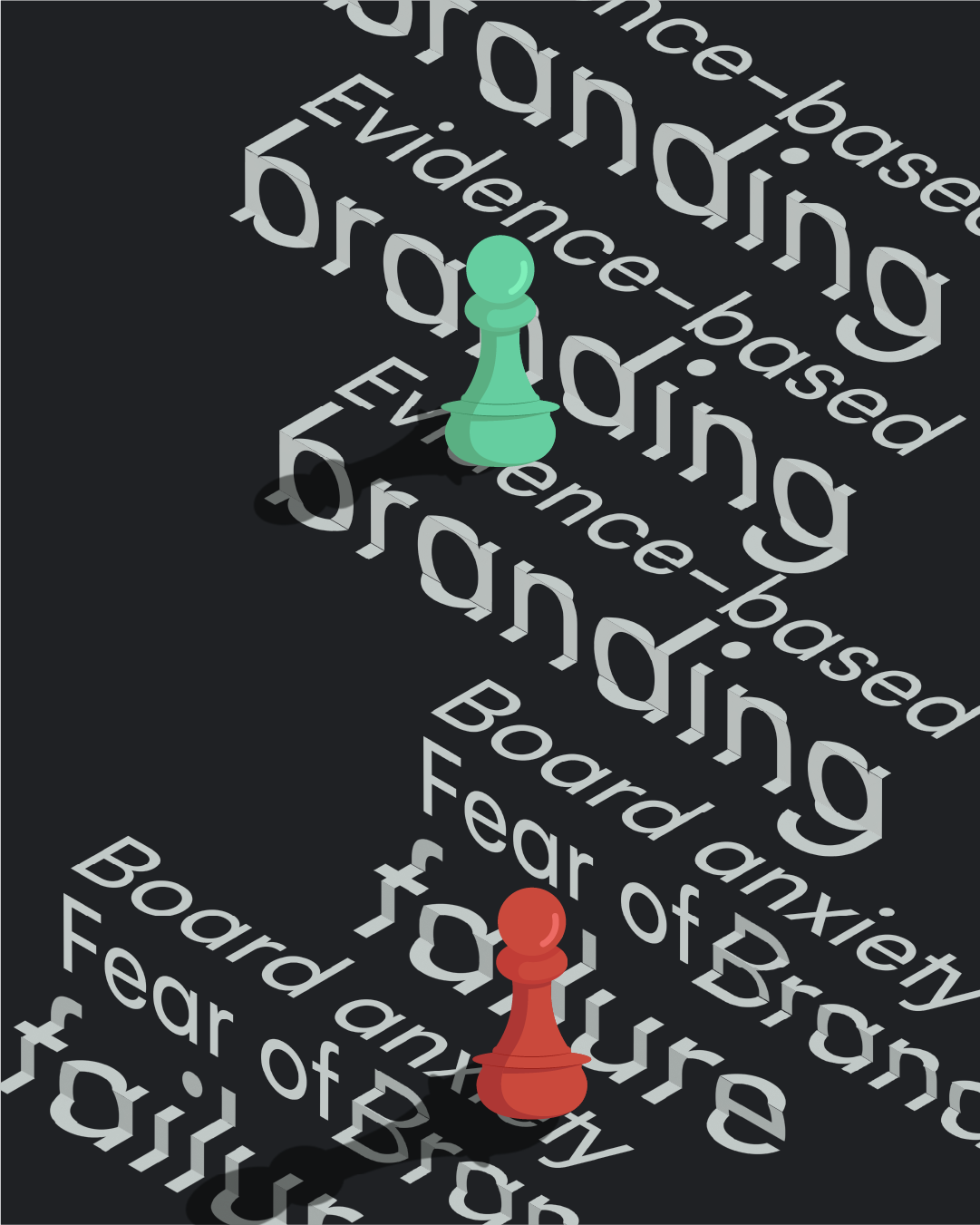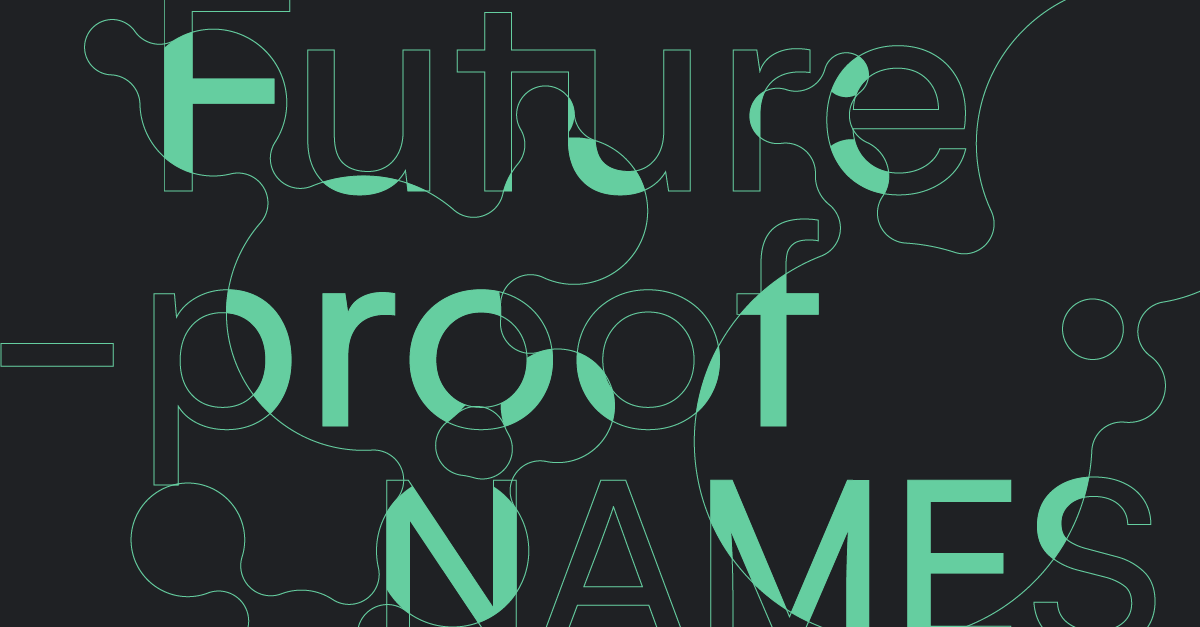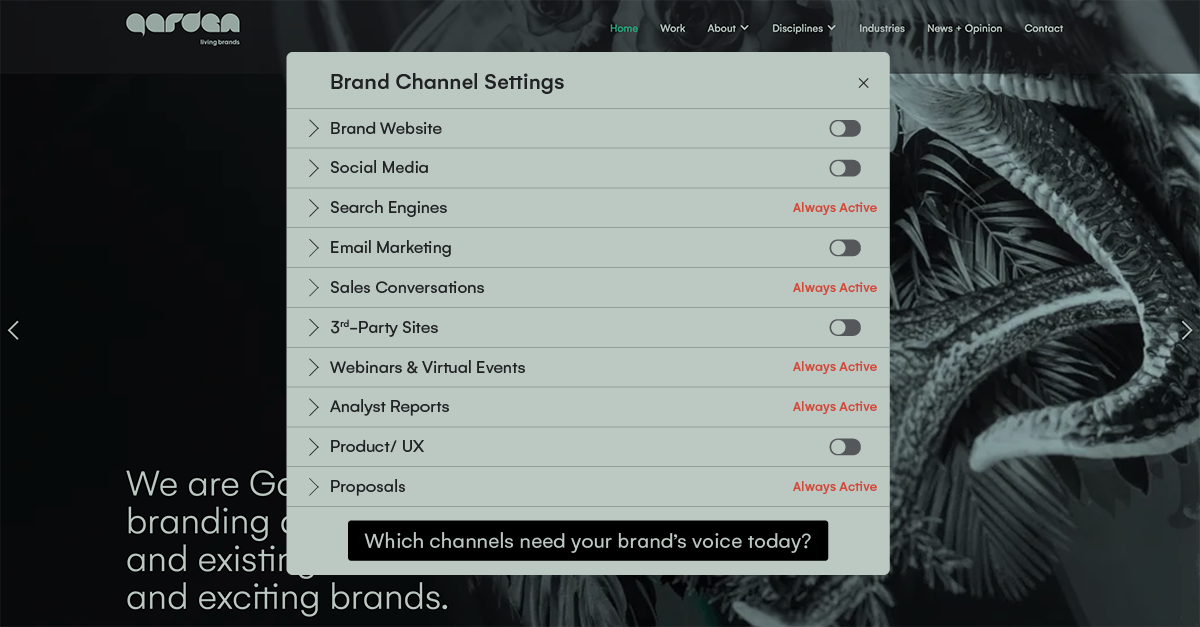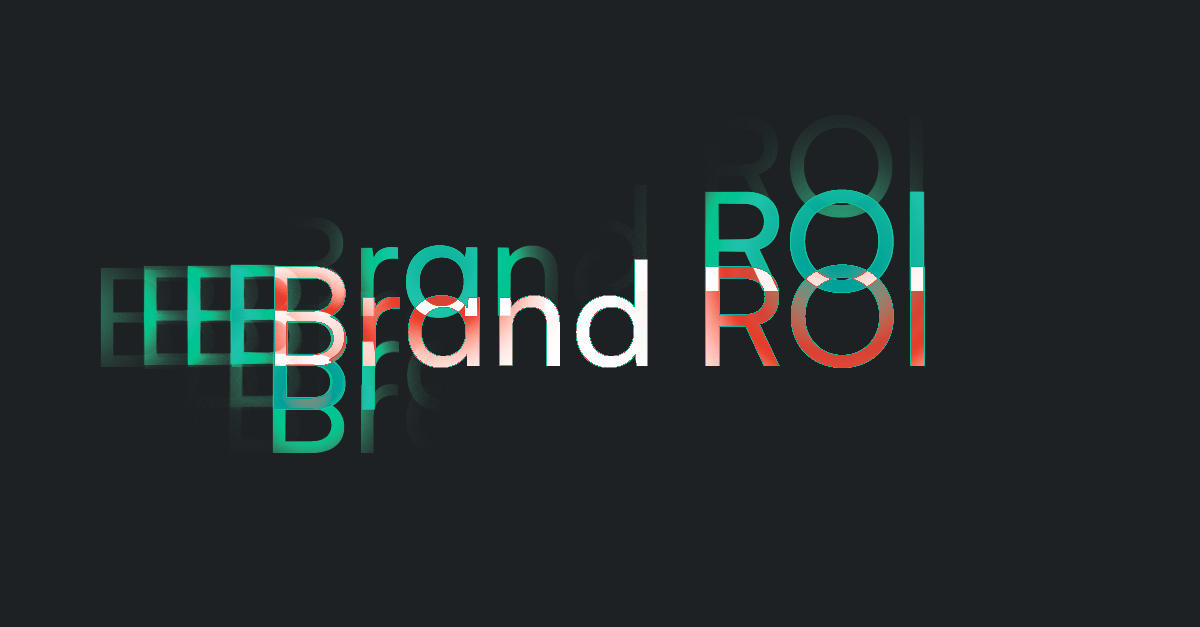What is a brand champion?
Brand champions are one of the most valuable and authentic assets for any business. With 92% of consumers trusting recommendations from people they know above all other advertising, understanding how to cultivate these advocates is crucial for growth.
This guide explains what a brand champion is, how to identify them, and how to build a programme to nurture their advocacy.
What is a brand champion?
A brand champion is a person who has a genuine passion for a brand and proactively advocates for it. This advocacy is not motivated by payment but by positive experiences and a strong belief in the product, service, or company mission. They act as volunteer marketers, sharing their enthusiasm organically with their network.
The anatomy of a brand champion: key traits and core motivations
Beyond loyalty: the defining characteristics of a true champion
A true brand champion is more than just a happy customer. They possess a unique blend of passion and proactivity that sets them apart.
- Proactive and voluntary advocacy: They don’t wait to be asked. They are compelled to share positive experiences on social media, in forums, or in person. Their advocacy is a natural, voluntary expression of their satisfaction.
- Authentic belief: Their support is not for sale. It stems from a genuine appreciation for the product’s quality, the service’s excellence, or the company’s values. This authenticity is what makes their recommendations so compelling.
- Constructive feedback loop: Because they are so invested in your success, champions are often the first to offer invaluable feedback and suggestions for improvement. They want to see the brand they love get even better.
- Public defence: In the digital town square, they will often defend the brand against unfair criticism or correct misinformation online. They act as guardians of your reputation, driven by a sense of loyalty.
The psychology of advocacy: what truly drives a champion?
To cultivate champions, you must first understand what motivates them. Their drive is a potent mix of internal feelings and external perks.
- Intrinsic motivators (the "feeling"):
- Sense of identity and belonging: Championing a brand can be a form of self-expression. They feel like part of an exclusive community, a tribe of like-minded individuals connected by a shared passion.
- Altruism: Many are driven by a genuine desire to help others. They’ve discovered a fantastic solution and feel a duty to share it, improving the lives of their peers.
- Status and recognition: Being seen as a knowledgeable expert or an ‘insider’ with the brand carries social currency. They enjoy being the go-to person for recommendations.
- Extrinsic motivators (the "perks"):
- Exclusive access: The opportunity to get a sneak peek at new features, products, or content makes them feel special and valued.
- Direct influence: A direct line to product teams or leadership to provide feedback is a powerful motivator. They see their ideas shaping the future of the brand they love.
- Special recognition: Simple gestures like public shout-outs, unique merchandise, or a special "champion" badge on a community forum can profoundly strengthen their connection to the brand.
Champion vs. ambassador vs. influencer: a comparative table
For absolute clarity, let’s distinguish these often-confused roles.
The undeniable ROI: why every business needs a champion programme
Building an unshakeable foundation of trust and credibility
In a world saturated with ads, authentic voices cut through the noise. Brand champions amplify social proof that resonates far more deeply than any corporate message. They provide the powerful third-party validation that new customers instinctively trust, directly influencing purchasing decisions and building a brand reputation that money can’t buy.
Driving hyper-efficient and cost-effective growth
Champions are a volunteer marketing force. By turning your happiest customers into active advocates, you dramatically lower your Customer Acquisition Costs (CAC). Leads generated from word-of-mouth recommendations are not only cheaper but often of a higher quality. Furthermore, these individuals are typically your most loyal patrons, leading to a significant increase in Customer Lifetime Value (CLV).
Fuelling your content and social media with authentic UGC
Your brand champions are a goldmine of authentic User-Generated Content (UGC). From heartfelt testimonials and creative social media posts to unboxing videos and detailed reviews, they create a steady stream of engaging content. Showcasing this UGC not only celebrates your community but is proven to increase social engagement and conversion rates, as it’s seen as more genuine and trustworthy.
Creating an invaluable product and service feedback loop
Who better to guide your innovation than your most passionate users? Champions provide honest, high-quality, and detailed feedback that can steer product development and service improvements. As a leading global branding agency, we advise clients that this direct feedback loop is crucial for maintaining market relevance and ensuring your brand continues to evolve with its customers.
How to identify potential brand champions in your ecosystem
Finding these hidden gems requires a strategic approach, blending data analysis with active listening.
Mining your data for advocacy signals
Your own data is the best place to start. Look for customers who are already demonstrating champion-like behaviour.
- Net Promoter Score (NPS): Pay close attention to your "Promoters" - the customers who rate you a 9 or 10. They have explicitly stated they are willing to recommend you.
- Customer Satisfaction (CSAT): Look for customers who consistently give the highest satisfaction ratings over multiple interactions.
- Purchase behaviour: Identify your most loyal customers - those with a high repeat purchase frequency, high order value, and long history with your brand.
- Support interactions: Flag customers who take the time to leave a glowing review or positive comment after a support ticket has been resolved. This signals a deep appreciation for your service.
Active social listening: finding advocates in the wild
Your future champions are already talking about you online. You just need to listen.
- Use social listening tools (like Brand24 or Mention) to monitor untagged brand mentions and analyse sentiment. Look for people who are consistently saying positive things.
- Identify social media users who regularly engage with your content, share your posts, and even defend your brand in comment sections.
- Explore relevant communities on Reddit, Facebook Groups, or LinkedIn. Passionate users often congregate in these spaces to discuss products and share tips.
Engaging your internal team: your first line of champions
Never overlook the advocates within your own walls. Your employees can be your most passionate and knowledgeable champions.
- Identify team members who are highly engaged, live the company values, and actively share company news and achievements on their personal networks.
- Launch an internal survey to gauge employee sentiment and passion for the brand, helping you identify those who would be perfect internal advocates.
The playbook: actionable strategies to cultivate brand champions
Prerequisite: build a brand worth championing
Let’s be clear: no programme or strategy can create advocates for a subpar product. Advocacy must be earned. This starts with an exceptional product, outstanding customer service, and a clear, compelling brand mission. This is the foundational work our branding strategy agency focuses on with every client - creating a brand that people can genuinely fall in love with.
Building a multi-faceted programme (beyond referrals)
A truly effective programme is about relationships, not just transactions. It should make your champions feel like valued insiders.
- The insider programme:
- Grant exclusive access: Offer early access to beta features, new product launches, and exclusive company news. This fosters a sense of privilege and partnership.
- Create a direct line: Establish a private Slack channel, Discord server, or dedicated forum where champions can communicate directly with your product, marketing, and leadership teams.
- The community hub:
- Foster a powerful sense of belonging with a dedicated online space. This allows champions to connect with each other, share best practices, and strengthen their collective identity as part of your brand’s tribe.
- The recognition initiative:
- Celebrate your champions publicly. Regularly feature them on your social media channels, blog, or in newsletters. A simple, personalised thank-you note or a small package of exclusive merchandise can go a long way in showing your appreciation.
Brand champion strategies for start-ups and small businesses
You don’t need a huge budget to start nurturing your advocates.
- Start small and personal: Manually identify your top 10-20 customers. Record a personal thank-you video from the founder or send a handwritten note. This personal touch is incredibly powerful.
- Feature, don’t pay: Instead of paying for exposure, feature a "Customer of the Week" on your Instagram or in your email newsletter. It provides them with recognition and you with authentic content.
- Simple feedback council: Create a simple email list of your most engaged customers. Before launching a new feature or design, send it to them first and ask for their honest feedback. It’s a low-cost way to make them feel heard and valued.
The most powerful brand champion programmes are not transactional; they are relational. They succeed by making people feel seen, heard, and valued as a core part of the brand's journey, not just as a marketing channel.
Measuring what matters: calculating the ROI of your programme
Establishing your key performance indicators (KPIs)
To prove the value of your programme, you need to track the right metrics. Group them by their business impact.
- Reach and awareness KPIs: Champion-generated social impressions, volume of UGC created, and traffic from advocate shares.
- Conversion KPIs: Number of champion-generated leads, conversion rate of referral traffic, and usage of unique promo codes assigned to champions.
- Sentiment and loyalty KPIs: Brand sentiment analysis in social listening, and the customer retention rate of champions versus that of regular customers.
The brand champion measurement framework
Use a structured framework to connect your activities to business outcomes.
Tools and technology for effective tracking
Leverage technology to automate and simplify your measurement efforts.
- Referral software: Platforms like Referral Rock or SaaSquatch help manage and track structured referral programmes with precision.
- Community platforms: Tools like Circle or Mighty Networks allow you to host your community and track engagement metrics within it.
- CRMs: Your CRM (like HubSpot or Salesforce) is perfect for tagging and segmenting customers identified as champions to track their behaviour over time.
- Social listening tools: Software like Sprout Social or Agorapulse can measure the social reach, engagement, and sentiment generated by your advocates.
Real-world examples of world-class brand champion programmes
The community model: LEGO's AFOL (Adult Fans of LEGO)
LEGO doesn't just sell bricks; it fosters a global community. The company actively empowers its Adult Fans of LEGO (AFOLs) by providing them with exclusive sets, opportunities to give design input, and a platform for recognition like LEGO Ideas, where fan designs can become official products. This transforms customers into co-creators.
The B2B insider model: Notion's "Notion Pros"
Productivity software Notion identifies its most advanced and passionate users and elevates them to "Notion Pros." This official designation gives them a platform to create and sell templates, run workshops, and become recognised experts within the vast Notion ecosystem, turning their personal passion into a professional opportunity.
The small business success story: Death Wish Coffee
Death Wish Coffee built a cult-like following by cultivating a strong, unapologetic brand identity and treating its fans like insiders. They engage heavily with their audience on social media, run a popular podcast, and empower fans to share their love for the "world's strongest coffee," creating a powerful sense of a shared, rebellious identity.
The employee advocacy powerhouse: Cisco's "Cisco Champions"
Cisco proves that B2B brands can create formidable champion programmes. Their "Cisco Champions" initiative successfully mobilises both passionate employees and expert customers into a unified advocacy force. They create high-quality technical content, participate in podcasts, and act as trusted subject matter experts, driving enormous social proof and credibility in a complex industry.
Final word
A brand champion is so much more than a customer; they are a strategic partner in your brand's growth and a guardian of its reputation. The most successful branding companies understand that this deep-seated advocacy cannot be bought; it must be meticulously earned through an exceptional brand experience.
The path to building a powerful champion programme is clear: first, build a brand that is truly worth loving. Then, you can systematically identify, nurture, empower, and measure the impact of those who love it most.
Building a brand that inspires this level of loyalty is the first and most critical step. If you're ready to create a foundation that attracts and retains true champions, contact our team of brand consultancy experts today.
FAQs about brand champions
What is a brand champion?
A brand champion is a person who genuinely loves your brand and proactively advocates for it without being paid. Their support stems from positive personal experiences and a deep belief in your product, making their recommendations authentic and trusted. Unlike formal ambassadors, they voluntarily share positive feedback, defend the brand online, and recommend it to their network. This organic advocacy serves as powerful social proof that influences potential customers and builds brand credibility.
What is the difference between a brand champion and a brand ambassador?
The main difference is that a brand champion's advocacy is unpaid and driven by genuine passion, whereas a brand ambassador is formally contracted and paid.
A champion’s relationship is organic and relational, motivated by an authentic belief in the brand. In contrast, an ambassador’s relationship is transactional, focused on fulfilling specific marketing obligations for financial compensation. Essentially, a champion is a volunteer advocate, while an ambassador is a hired representative.
Why are brand champions valuable for a business?
Brand champions are valuable because they provide highly credible social proof and drive cost-effective growth through authentic word-of-mouth marketing. Their genuine endorsements are more trusted by consumers than traditional advertising, directly influencing purchasing decisions.
Champions help lower customer acquisition costs, increase customer lifetime value, and generate a steady stream of user-generated content. They also offer an invaluable feedback loop for product improvement, making them a key strategic asset for long-term brand health.
How can you identify brand champions?
You can identify brand champions by analysing customer data and monitoring online conversations for signals of proactive support. Start by examining internal data for customers with high Net Promoter Scores (NPS), frequent repeat purchases, and consistently positive support interactions.
Additionally, use social listening tools to find individuals who positively mention your brand without being tagged, regularly share your content, or defend you in online forums. Don't overlook your own employees, who can often be your most passionate advocates.







.jpg)


.jpg)
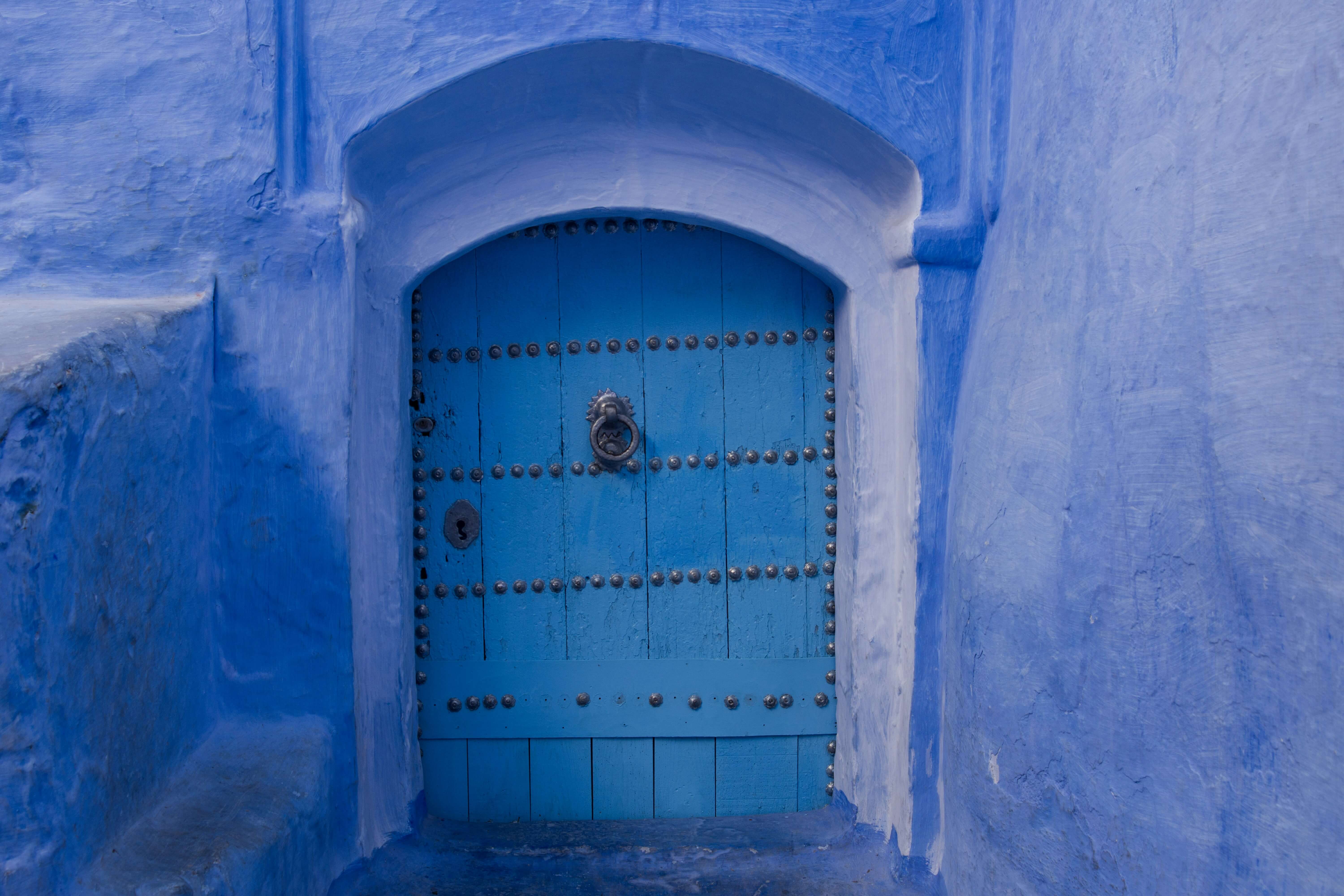

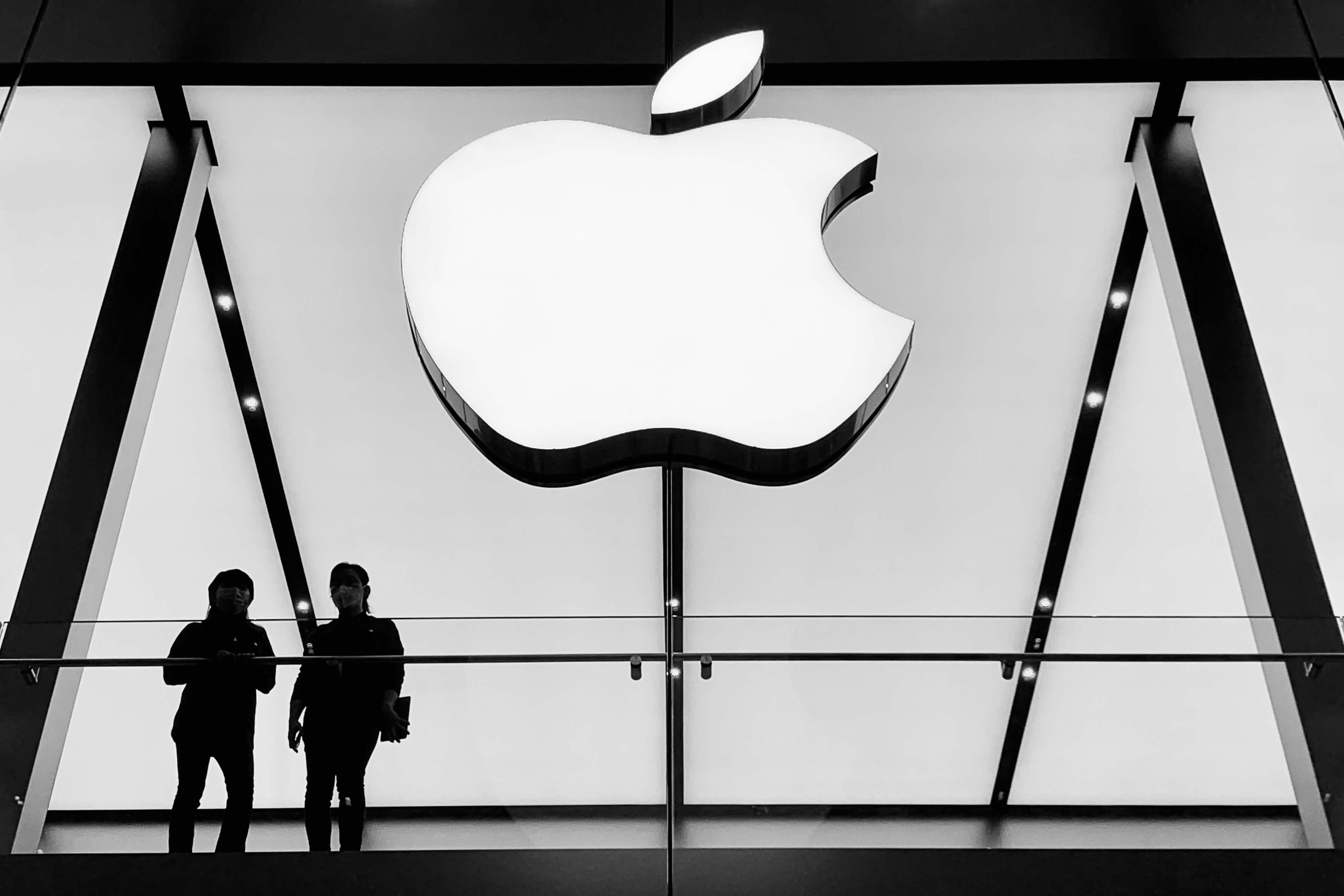


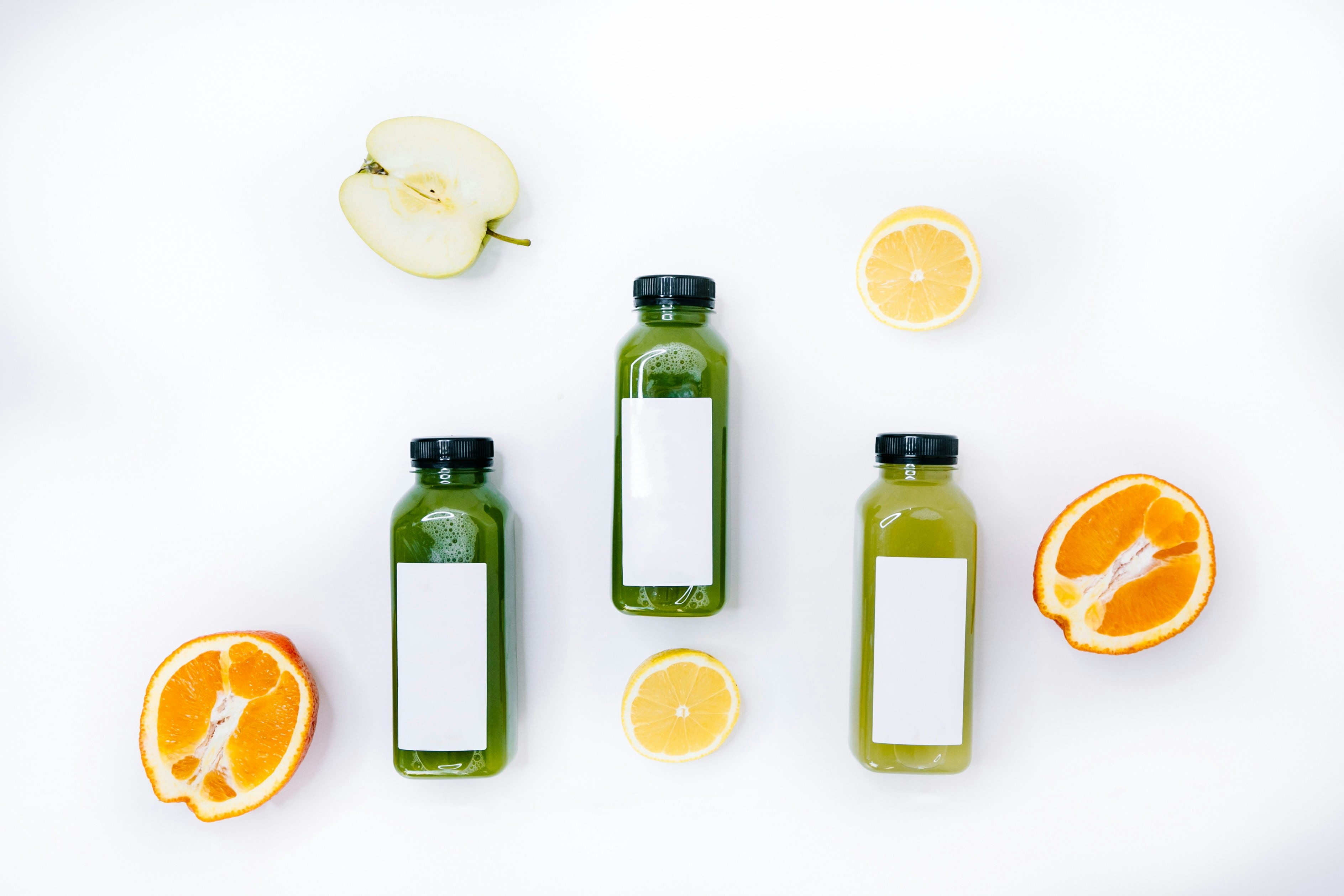








.jpg)
